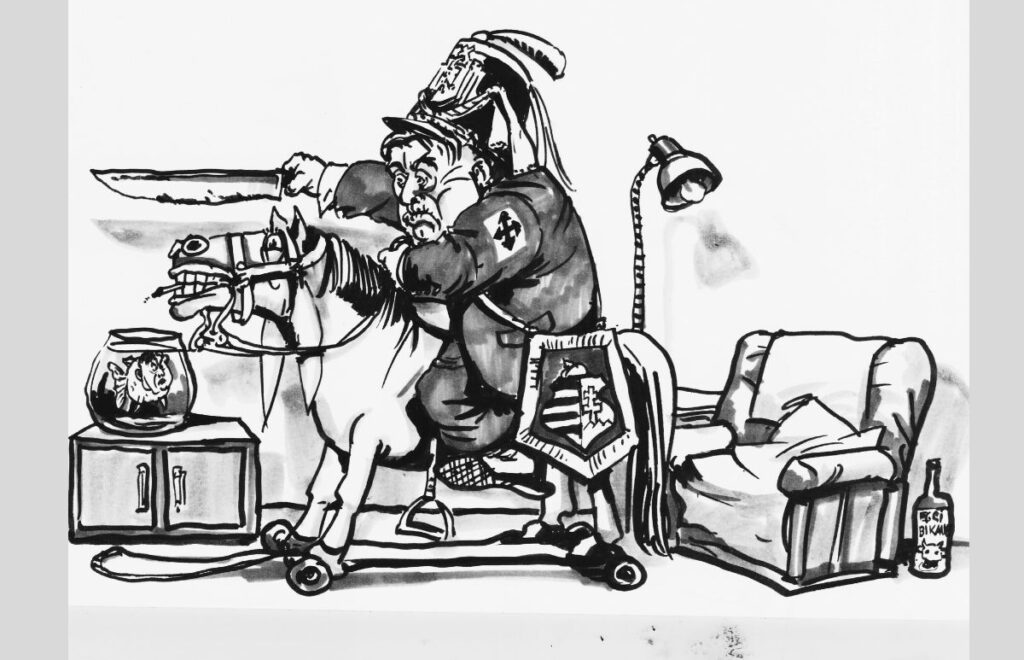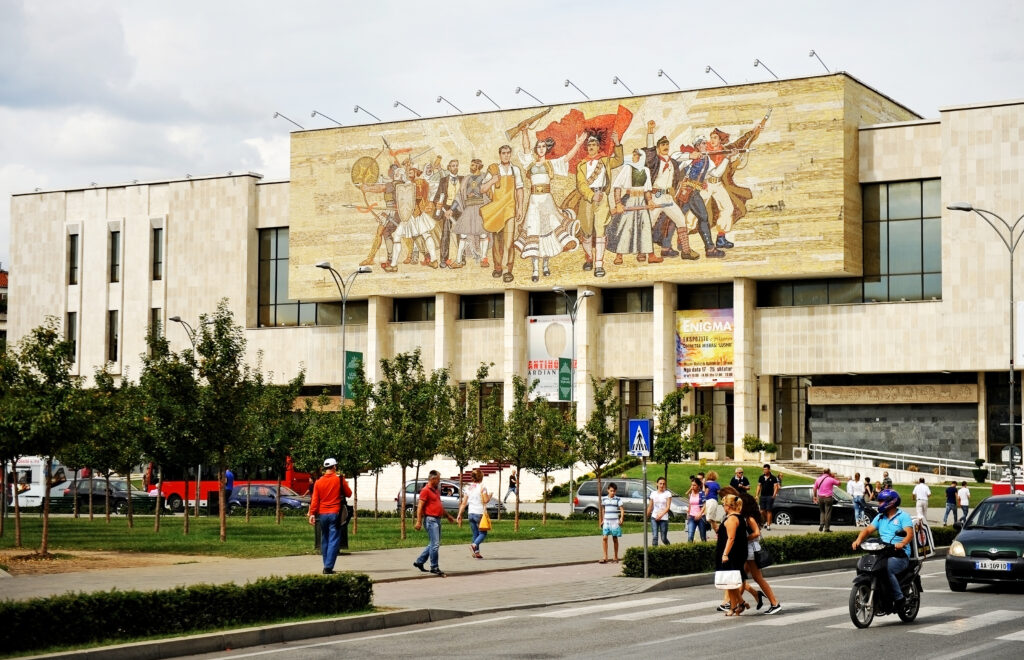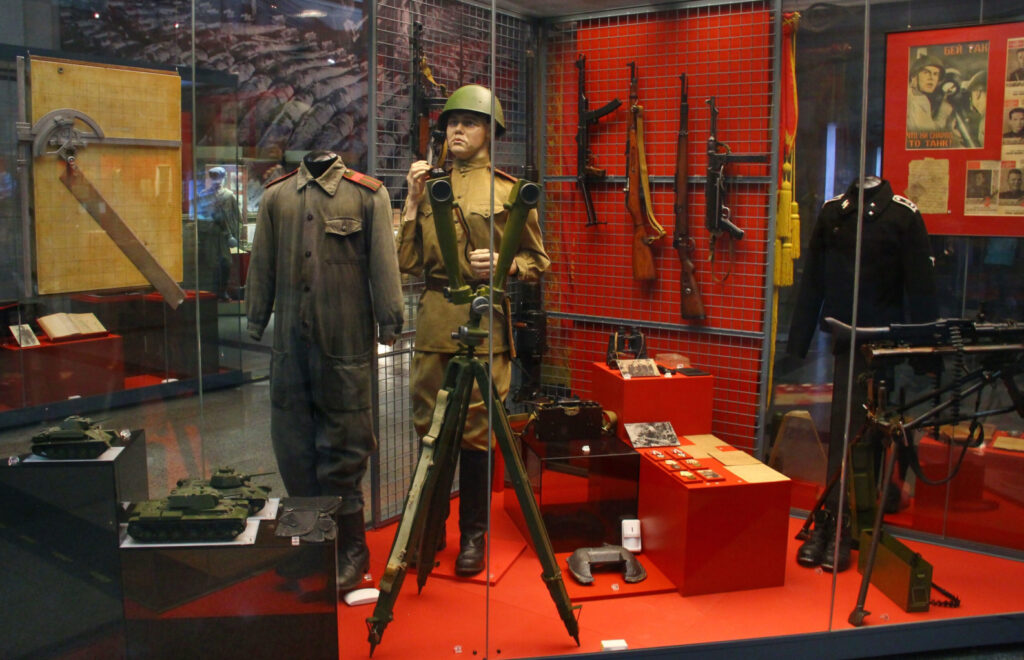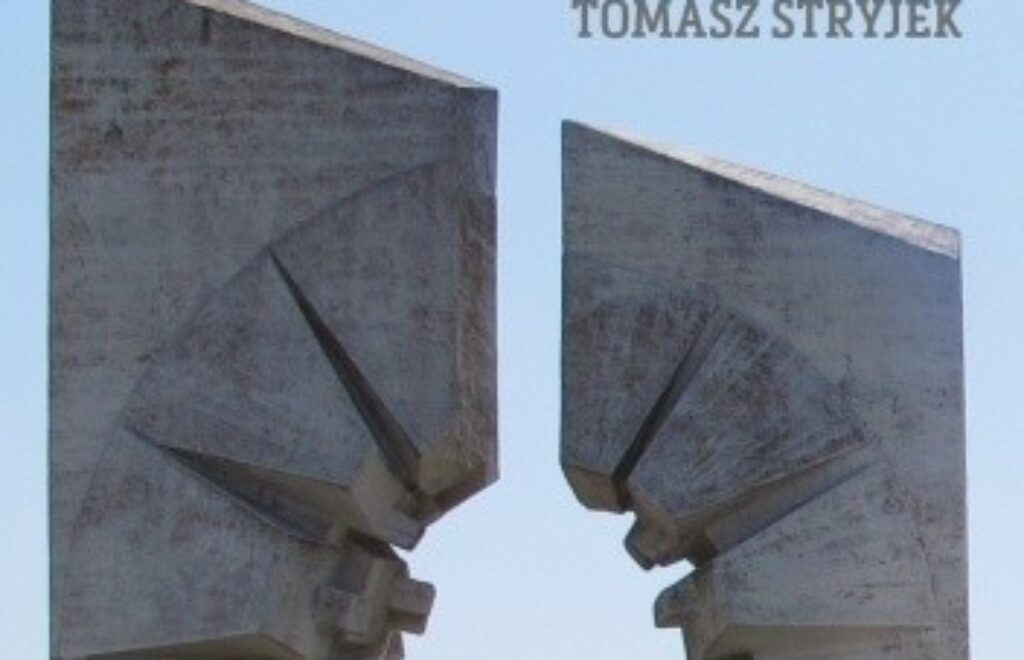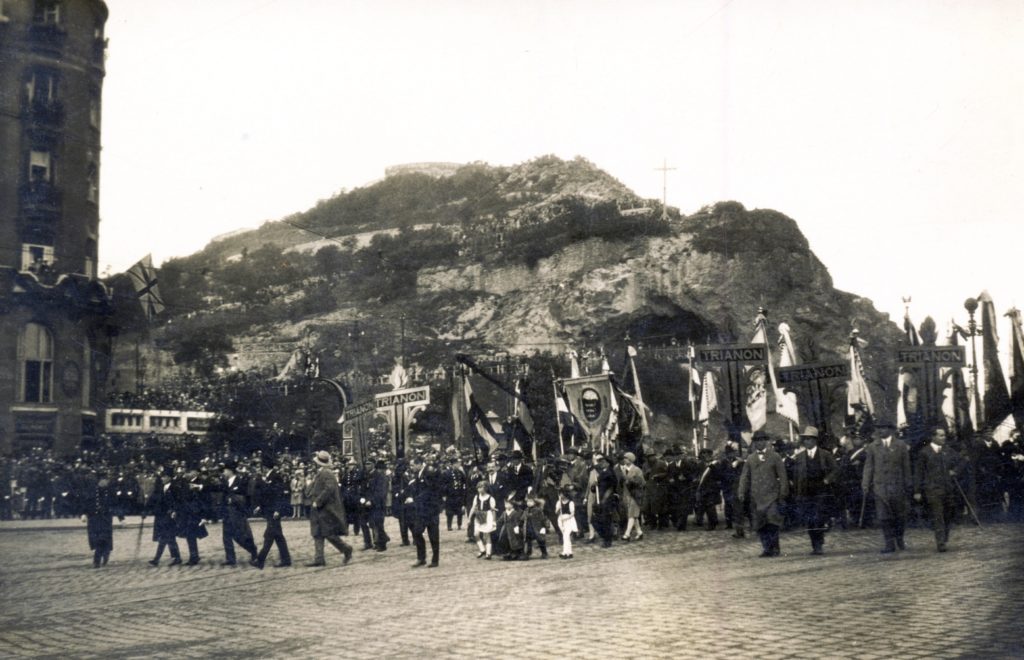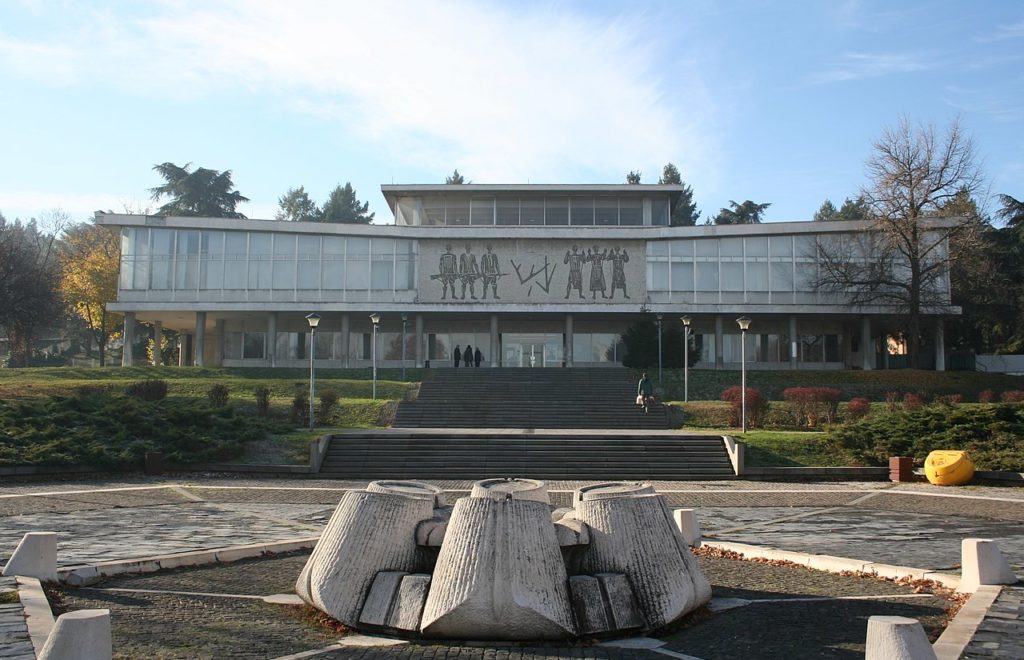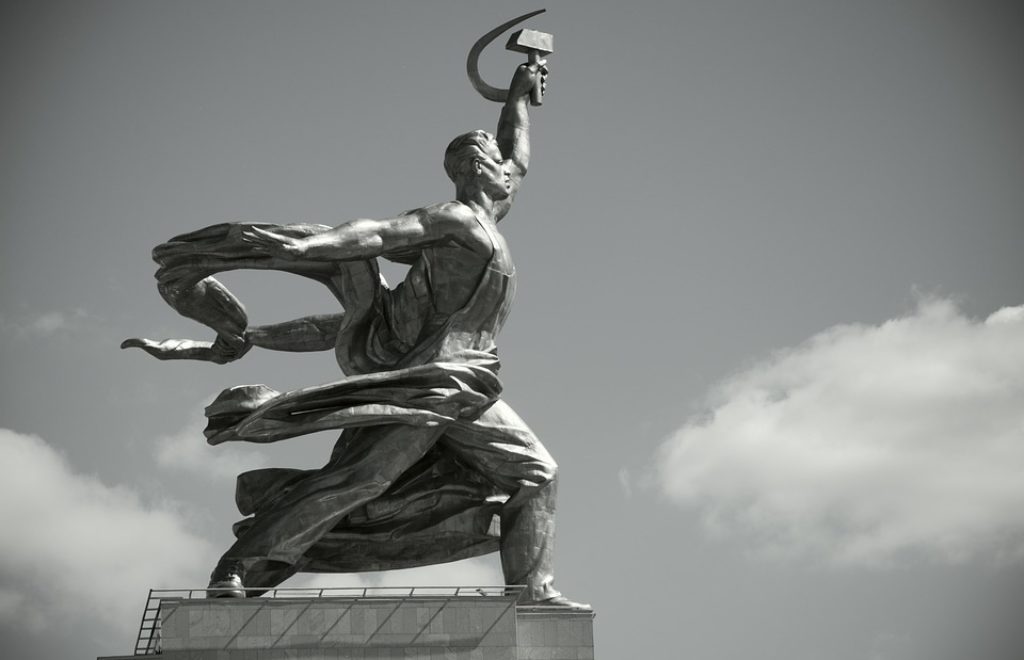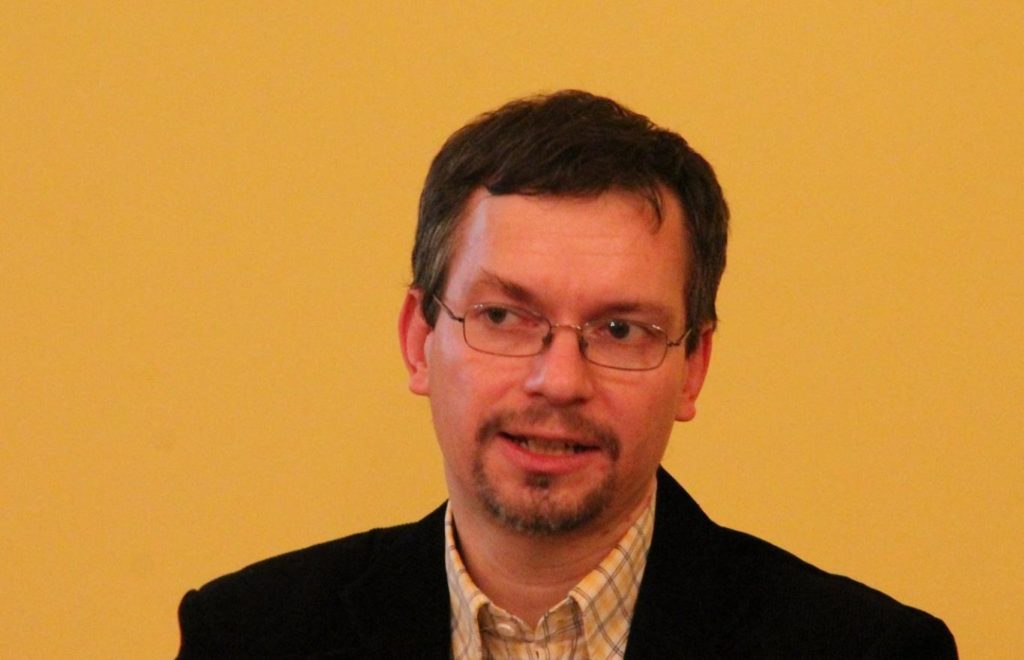Albania’s relationship with its communist past remains a difficult subject today. Often forgotten in the transition to democracy, these decades are remembered in different ways in the country’s museums. This article looks at how three institutions engage with this past, reflecting on their effectiveness and how they may ultimately preserve this historical memory for the future.
Historical narratives often treat a place as a witness to traumatic events. Three Tirana-based museums recounting difficult periods under Albania’s communist regime vividly illustrate this process. These include the National Historical Museum (1981), located in a building designed and designated as a cultural institution, Bunk'Art 1 and 2 (2014), located in authentic bomb shelters built as part of the “bunkerisation” of the 1970s, and the House of Leaves (2017), housed in a building that served as the headquarters of the Sigurimi state security service. Although they all depict the same story, each does so in a different way. The narrative is determined not only by the time the exhibit opened, but also by where it is displayed.
July 4, 2023 -
Kinga Gajda


